|
A couple of years ago, I had the chance to interview the amazing Hall of Fame quarterback Anthony Calvillo on my Run Your Life Podcast. Anthony is the Canadian Football League’s all-time passing yardage leader and also the record holder for most touchdowns thrown in a career. During his brilliant 20-year career, Anthony Calvillo threw for almost 80,000 yards, including 455 touchdown passes. As a leader, Anthony had an enormous impact on his team. He led by example, learned from failure, and deeply committed himself to steady improvement over time. The legacy he left on his team, the Montreal Alouettes, will be forever etched into the fabric of that organization. Anthony Calvillo had always been a phenomenally gifted athlete. Yet, was he also a naturally gifted leader who demonstrated great leadership skills from the first time he stepped on the field to play professionally? In short, the answer is no. During our interview, Anthony reflected on early days in his career prior to playing for Montreal. At that time, he had been playing for the Hamilton Tiger Cats. Although he had established himself as the best quarterback on the team, he described himself as being overly confident in his abilities, unreceptive to critical feedback, unwilling to show vulnerability and lean on others for support, and too afraid to ask the questions needed to become better at his position. As a result, he lasted only two seasons with the Hamilton Tiger Cats and was ultimately cut by the team due to his lack of productivity and for repeating the same mistakes on the field that caused one poor performance after another. Being released by the team came as a shock to Anthony and gave him the wake-up call needed to do whatever was necessary to commit himself to true learning and growth. After he was cut, the Montreal Alouettes invited him for a tryout and the rest is history. He would go on to become one of the most outstanding quarterbacks in league history, winning three championships and multiple MVP awards. When I asked him how he had achieved all of this, he replied that being cut by Hamilton made him realize that he had to let go of his fear of failure and admit that he still had a lot to learn. When he got to Montreal, he was designated as the backup quarterback to then all-star quarterback Tracy Ham. Rather than feeling angry and disgruntled about not being the starting quarterback of the team, he devoted himself to being a learner. He actively chose to follow in the footsteps of Tracy Ham, so that he could be mentored by him. He and Tracy developed a very close relationship which allowed Anthony to learn from him and to blossom in his own way under his tutelage. During this time, he realized that he had never been open to feedback prior to going to Montreal because he didn’t want to be seen as someone who needed help. Anthony also admitted that, while playing at Hamilton, there was a lot he didn’t understand about the team’s offense, but he was too afraid of asking questions for fear of looking ‘stupid’ and ‘incompetent’. This all changed once he made the roster for Montreal. He began to ask questions about everything, so that he could better learn the game and the new offense he was playing in. He also sought as much critical feedback as possible from his coaches, Tracy Ham and fellow players about his performance, so that he could use it as a tool for improvement. In addition, he connected with teammates and built strong relationships by putting them first. Everything he did was about self-improvement so that he could be his very best, not only for himself, but also for his teammates. Once Tracy Ham retired, Anthony took over the starting role and held that position for 16 straight seasons, leading his team to one victory after another and multiple championships. In the process, he also became a transformational leader that led by example in order to inspire and empower his team around him to also strive for both personal and professional excellence. I use Anthony Calvillo’s story as a metaphor for what it takes to lead with authenticity, to build trust and engagement in the workplace and for any leader wanting to ultimately leave an enduring mark on their organization through their ability to drive long-term change. Great leaders have a transformative impact that extends far beyond their reach of immediate responsibilities. They intuitively know that honest and constructive feedback from their peers, subordinates and mentors must be prioritized, so that they not only know their strengths, but more importantly remain aware of their own shortcomings. These types of leaders know that a lack of feedback will negatively impact their own growth and improvement which will have a trickle-down impact on the entire organization. They ultimately know that everything starts at the top, therefore they must lead by example and model what it means to seek the feedback needed to continually improve and make the impact they desire. A 2020 report done by Deloitte’s Global Human Capital Trends found that only about 33% of leaders surveyed in their study reported that they regularly seek critical feedback from their peers and subordinates. Despite the fact that most leaders understand the importance of critical feedback, the majority of leaders, based on this study, avoid it. So, why might this be? A variety of research on leadership has identified that there are several common factors that contribute to why some leaders do not seek regular feedback, with the main factors being:
Although there are leaders who have colleagues in their organization complete general feedback surveys once or twice a year, there are times when not much is done with this data. Even though feedback data may be thoroughly analyzed with general findings being communicated to staff, this is oftentimes done in ways that does not reveal the whole truth, making it a much less efficient process. The most difficult thing here is to find the balance needed between gathering general feedback related to leadership on a whole, but also making it an expectation that every leader within the organization must also gather individual feedback as well. Determining the most efficient and effective process for gathering feedback that actually leads to growth, progress, and positive change can be very challenging for leaders to take action on. If you are a leader reading this, perhaps none of the 6 factors for ‘not seeking regular feedback’ apply to your own leadership journey or your organization. Seeking feedback may be a genuine strength and something you and your organization takes deep pride in. If so, keep doing what you’re doing as it models what it means to lead with authenticity in order to make everyone around you better. However, if you fall into the category of the 67% of leaders who don’t regularly seek critical feedback, know that you are not alone. Know that many other leaders out there also find it challenging to actively seek the feedback needed to honestly reflect on their own leadership. Whatever the reasons are for not making regular feedback a part of your own leadership journey doesn’t matter. What matters most is that you can always change your relationship with feedback. As the prominent American self-help author, motivational speaker, and spiritual teacher, Wayne Dyer, once said: “When you change the way you look at things, the things you look at change.” Changing the lens through which we look at progress and growth is critical in the process of transforming ourselves into the leader that our organizations truly need us to be. Bearing this in mind, any leader who struggles with seeking regular feedback might consider these four things: 1. Better Understand Your Impact Taking the time needed to reflect on your true impact in the workplace matters. The fact is that everyone in the organization usually pays close attention, whether consciously or subconsciously, to their leaders’ actions, words and ways of behaving. If leaders avoid getting the regular feedback needed to improve themselves and their organization, they may be directly responsible for creating an environment where employees feel unheard and undervalued. As a result, this can lead to lower morale and workplace engagement. Any leader who sincerely reflects on their impact, knows that they play a big part in the success or lack of success of the organization. Acknowledging that there is room for growth and improvement in their own leadership practice and taking the risks needed to seek honest and genuine feedback is a true game-changer for themselves and their organization. This alone should be enough to take more consistent action on making regular feedback a part of their leadership practice. 2. Start with One Question There are a multitude of ways feedback can be gathered. Many feedback protocols can easily be found by connecting with other leaders or doing your own search on the Internet. However, one of the best ways to start is by using one simple question: What is one thing you think I can do more of or less of to be more impactful as a leader? If you are beginning this process, you can start by asking this one question to those who you trust the most in the organization. From there, you can extend your reach by taking the chance to ask other people in the organization the same question. You can ask this question yourself face-to-face, you can send out an anonymous Google Form, or you can have someone you trust ask this question to others on your behalf. The fact that you are asking this question sends the message to everyone that you care and that you are actively seeking their feedback to better understand your impact and how you can improve. 3. Safety First When beginning to seek regular feedback, everyone must feel a sense of genuine safety in being able to answer feedback questions with honesty. This is especially the case when feedback is being delivered from subordinates to their direct line managers or senior leaders in the organization. Psychological safety is a critical part of the workplace environment as it encourages open communication, candor, risk-taking, and learning from mistakes. 4. Seek Coaching/Mentorship It is not necessary that leaders sit with critical feedback on their own. A lot of thinking needs to go into how to best process the feedback in a way that allows leaders to come out on the other side better for having sought the feedback in the first place. Sitting with a trusted colleague, coach or mentor is an important step in the process of gathering feedback, analyzing it, and creating an actionable plan related to how best to address the feedback in order to set relevant goals. A key element of this journey also requires being intentional about how leaders will communicate what they learned through the feedback and how they are addressing it. Being clear, concise, transparent and intentional about the feedback process with the colleagues in your organization enhances trust and sets a very positive tone. In the introduction of this article we looked at Anthony Calvillo’s story and how he took action to change his relationship with feedback. His extraordinary achievements were a direct result of his willingness to create the changes needed to not only pursue personal and professional excellence, but to also inspire his team to do the same.
Any leader reading this can do the same. However, it requires an objective evaluation of their current relationship with feedback and the extent to which they are truly modeling what it means to actively seek the feedback needed to improve themselves and their organization. Please share this article with any leader who you feel will benefit from reading it. Thanks!
0 Comments
Regardless of industry or profession, most leaders nowadays face a very uncertain, unpredictable world that is made even more difficult due to the increased prevalence of mental health issues in the workplace. According to recent research done by the World Health Organization, on a global level, more than 264 million people of all ages suffer from depression and over 300 million people live with constant anxiety ranging from mild to incapacitating.
Added to this, the American Psychological Association found that only 53% of the workforce in the US felt that their organizations truly supported staff well-being. And to complicate matters even further, many employees are very apprehensive to disclose mental health issues they are experiencing due to a variety of factors including the stigma attached to being mentally unwell and the fear of negative consequences. With the research showing that the mental health crisis is only going to get worse, organizations and businesses need to find and develop the very best leaders possible to help guide them through these difficult times and into the future. What type of leadership style might work best considering the vastly changing landscape of the workplace and the mental health crisis these organizations currently face or will probably face one day? Research done by Dr. Bill George, Dr. Bruce Avioli, and Dr. Fred Luthans would strongly suggest that organizations that value and prioritize an authentic leadership style are much more successful at promoting deeper trust, employee engagement, and positive outcomes. Dr. Fred Luthans’ research, more specifically, has shown that leaders who build and utilize psychological resources such as hope, optimism, resilience, and self-efficacy in the workplace have a very high degree of success in creating the conditions necessary for higher levels of well-being and mental health in the workplace. But, all of this is not possible without trust. As the expression goes, “When there is no trust, there is nothing. Trust is all.” Where there is trust, there is safety. Where there is safety, there is belonging. Where there is belonging, there is connection. Where there is connection, there is hope. Where there is hope, there is purpose and engagement. Where there is purpose and engagement, there is productivity. Where there is productivity, there is success for all. Where there is success for all, everyone wins. Promoting authentic leadership within organizations is essential nowadays. Any leader wanting to delve more deeply into building trust in the workplace, should look into the work of author and trust expert Charles Feltman. I’ve been lucky enough to have Charles on my Run Your Life podcast several times over the past couple of years to discuss the work he does helping leaders to build more trust in their organizations. Here is a link to our last conversation on my podcast. Charles Feltman breaks down trust into 4 assessment domains:
In his book, The Thin Book of Trust, Charles focuses on the concept of trust and its importance in personal and professional relationships. His book provides readers with practical advice and tools to better understand and build trust in various contexts such as workplaces, teams and every day interactions. Any leader who reads the Thin Book of Trust is sure to walk away with a deeper understanding of the importance of trust as a foundational tool for effective communication, collaboration, and productivity. This book provides readers with a specific language and a framework to use to prioritize trust and ensure that all stakeholders have a voice in the organization so that they feel understood and heard. Authentic leadership begins with trust. When trust is truly prioritized in an organization, there will no doubt be increased levels of social, emotional, and mental wellness. Addressing the mental health crisis in the workplace is in the hands of all leaders and the extent to which they develop a more authentic style of leadership. Using Charles Feltman’s framework, perhaps reflecting on the following questions might provide leaders insight into which areas they might have to focus on better developing in order to be more authentic in our leadership style. Let me know your thoughts and what resonates with you. What other reflective questions might you add to the list below? Thanks for reading and shine on wherever you are in the world. As the landscape of education continues to evolve and constantly change, leaders serve as important role models for their organizations and the people within them. When leaders prioritize their own learning and development, they set a very positive example for all stakeholders in the organization, including their fellow leaders.
These types of leaders consistently strive to improve themselves through active self-reflection and seeking the critical feedback needed to know their strengths and identify their areas for development. As well, great leaders know that they have blind spots and take proactive steps to improve their skills, behavior, and decision-making. When leaders ask for feedback, it creates a sense of inclusion, belonging and empowerment among team members. It leads to increased employee morale, engagement, and overall trust in leadership. Research clearly shows that the most effective leaders are the ones who actively put strategies into action to enhance their own self-awareness. Deepening levels of self-awareness allows leaders to better understand how they might respond under pressure and to align their own self-perception with how they are actually perceived by others. They seek to understand and minimize this ‘perception’ gap. The quote from the start of this blog post, to me, reflects exactly what it means to lead with authenticity, as leaders have to put themselves out there. They know they will make mistakes and fail from time to time. They also know that they must continually strive to improve and get better. Any master of their craft knows how much practice goes into honing their skills. Just as a professional athlete has put in countless repetitions to improve their skillset, great leaders do the same. They know they have to continually improve, rather than risk the chance of becoming irrelevant and ineffective within their own role. Asking ourselves the right questions at the right times also allows for genuine self-reflection and with this reflection comes the ability to recalibrate, reframe, and reset as necessary. Which questions below resonate the most with you based on where you are at with your own leadership journey? Which questions might help you best reflect on your leadership in a way that allows you to deepen your own level of self-awareness? If none of these questions apply, what might be some other questions that are more relevant to you that you need to explore in order to better understand yourself and the growth needed to improve your ability to lead? Please share in the comment box below. Having been a podcaster for nearly ten years now, I feel very lucky to have been able to interview so many amazing humans from a wide variety of professional fields. Whether it be a best-selling author, Olympic gold medallist, professional athlete, top educator or world-renowned performance psychologist, many of my guests share very similar core values and guiding principles that have allowed them to thrive within their chosen fields. There is amazing commonality in their own pursuits of excellence, both personally and professionally. Not only have most of them been through very tough times and had to overcome a number of challenges in order to find their true path, every single one of them understands and applies deep reflection with consistency in their lives. We all want to do well and be impactful. We all have our own unique talents and gifts that we offer the world. Many of us have also done a lot of work to build on our strengths in order to improve our ability to make the genuine difference we desire. As I have devoted my life and work to the field of education for more than 20 years now, this post is dedicated to all of the amazing educators out there who are striving to do their very best. Whether you are a classroom or single subject teacher, principal or director of a school, this post is for you. This post is also for anyone else reading this who may not be in education. These themes and reflective questions apply to any professional field or individual pursuit of excellence. In moving forward with this post, I want to share 9 themes that resonate the most with me, based on my own learning over the past ten years. Many of these themes continually reveal themselves in the interviews I’ve done with extraordinary people on my podcast. Many of my guests continually explore these themes, in their own life, in ways that have them reflecting not only on what they are doing well, but more importantly what it is they need to improve on to help move them closer to the desired self they wish to be. Through these 9 themes, I have also been able to reflect more deeply and doing so has helped to keep me more on track in my own personal and professional life and to be as impactful as possible in my work. I hope that these 9 themes (and reflective questions) provoke your own thinking, spark curiosity within yourself, and help to guide your own journey of deep learning. I hope you can take away the themes and questions that most resonate with you. My biggest wish is that you can apply any of these themes and reflective questions, in a way, that allows to you honestly reflect on where you are at and what you might need to do to make more progress and improvement in your own personal and professional life --- and to deepen your own level of self-awareness along the way. Please feel free to share this post with anyone who you feel will benefit from reading it. “Rather than looking outward in an attempt to predict the outcome, you turn inward to your identity. You base your decisions on who you are--or who you want to be.” ― Adam Grant, Originals
It can be tough to predict what will or will not happen in the future with any degree of accuracy in these uncertain times. However, considering the ever-changing times we face, deepening our ability to pivot, reset, and re-calibrate are life skills that can serve us personally and professionally. Still, as much as we acknowledge how essential these skills are, actually putting them into action can be a complicated thing to do when faced with uncertainty in our life or when an unforeseen situation suddenly presents itself to us. As well-known author and consultant Adam Grant states, the ability to turn our attention inward and genuinely tap into our own identity can help us better understand who we are and who we want to be. Although Adam’s words are very empowering and draw attention to the importance of self-awareness, I would add that we still need something to anchor ourselves to when we reflect on the nature of our own identity. This is especially true when more challenging times suddenly appear in our lives. Reflecting on the essence of who we are and who we want to be is made much easier when we have clearly articulated values that we hold front and center in our lives. Rather than focusing on what we hope will happen in the future or believing that everything will unfold as we planned for, what if we instead just focused on the extent to which we align with the core values we believe to be most important in our lives? Will essential decisions in our life become easier to make if we do this? Living in alignment with our core values significantly boosts our consistency regarding our thoughts, words, and actions. In addition, when we live in this alignment with more regularity, we put ourselves in a much better position to know who we are, what we stand for, and whether or not we are on the right track to becoming the person we want to be. Finally, we have a hook to hang our hat on and better reflect on who we are and what we represent. If I asked you to identify your top 3-4 core values right now, could you? How clearly can you articulate what it is you believe in most? And how often do you reflect on the extent to which your thoughts, actions, and words align with the values you think are most important in your life? As an exercise, try writing out a list of values that you feel guide you both personally and professionally. Once you have your list, flip it into driving questions that can help you better reflect on who you are and who you want to be. For example, your list may include the core values of Compassion, Courage, Curiosity, and Kindness. It’s OK if you are not completely clear, but at least have a go at brainstorming a potential list of core values. Once you have done this, turn each core value into a reflective question. These questions can be used as writing prompts in your journal each time you reflect on important decisions you have to make in your life. Compassion: To what extent did I show compassion toward myself and others today (or this past week)? What examples can I provide? Courage: To what extent did I demonstrate courage today (or this past)? What examples can I provide? Curiosity: To what extent did I put curiosity into action in my life today (or this past week)? What examples can I provide? Kindness: To what extent did I show kindness toward others today (or this past week)? What examples can I provide? Achieving desired outcomes and always hoping that things will work out as planned is a natural part of life. However, having specific strategies to lean on when things don’t go our way or when we encounter challenging times can significantly enhance our ability to make informed decisions rooted in the values that we hold near and dear to our hearts. In this episode, I interview 2014 Ryder Cup champion, Stephen Gallacher. For more than two decades, Stephen has played professional golf on one of the most elite stages in the world and it is because of this experience that he has devoted himself to giving back to the game through the Stephen Gallacher Foundation that he started in 2012. The mission of his foundation is to grow the roots of golf more deeply in Scotland by providing increased opportunity for juniors to have access to the game.
Stephen has played in 20 majors including 2 Masters, 4 US Opens, 8 Open Championships, and 6 PGA Championships. As well, 2014 European Ryder Cup captain, Paul McGinley, selected Stephen as one of his captain's picks to join the European squad that ultimately went on to defeating the Americans at Gleneagles Golf Club. Stephen had a dream to be able to play on this team as it would have been the first time the Ryder Cup had been on Scottish soil in over 40 years. Going into the 2013 season, he outlined a very specific plan that would allow him to focus on playing his very best in order to earn a spot on the Ryder Cup team. Through discipline, hard work, and focus, Stephen was able to win back-to-back times in 2013 and 2014 at the Omega Dubai Classic, as well make 4 of 6 cuts in the majors in from June 2013 through to August 2014. He also had several other strong showings in tournaments during this time. In this episode, we dive deeply into the important roles that resilience and grit played in Stephen's career, especially after being sidelined for nearly 18 months with a debilitating autoimmune disease. Coming back stronger than ever was not only due to having a tremendous amount of gratitude for being able to play the game he loved, it was also due to the wonderful support network he had established in his personal and professional life. Stephen is a true gentlemen that leads by example. Whether you are a golfer or not, you are sure to find takeaway value in this episode that you can apply in your own life. "If your actions inspire others to dream more, learn more, do more and become more, you are a leader." |
AuthorKAUST Faculty, Workshop Leader, Presenter, Certified Cognitive Coach Archives
August 2023
Categories |
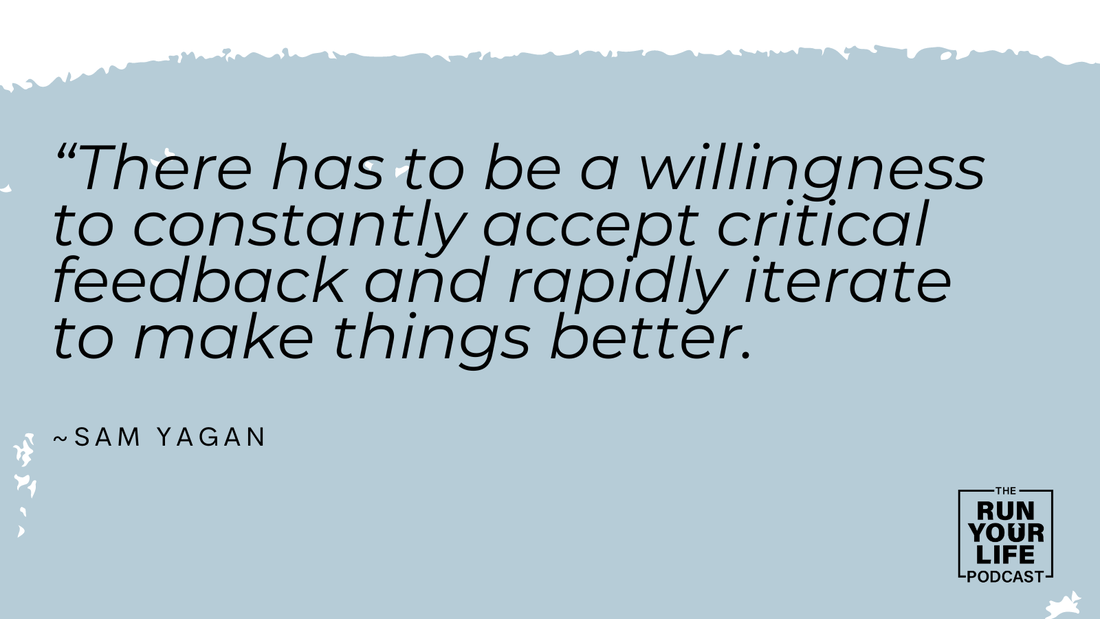
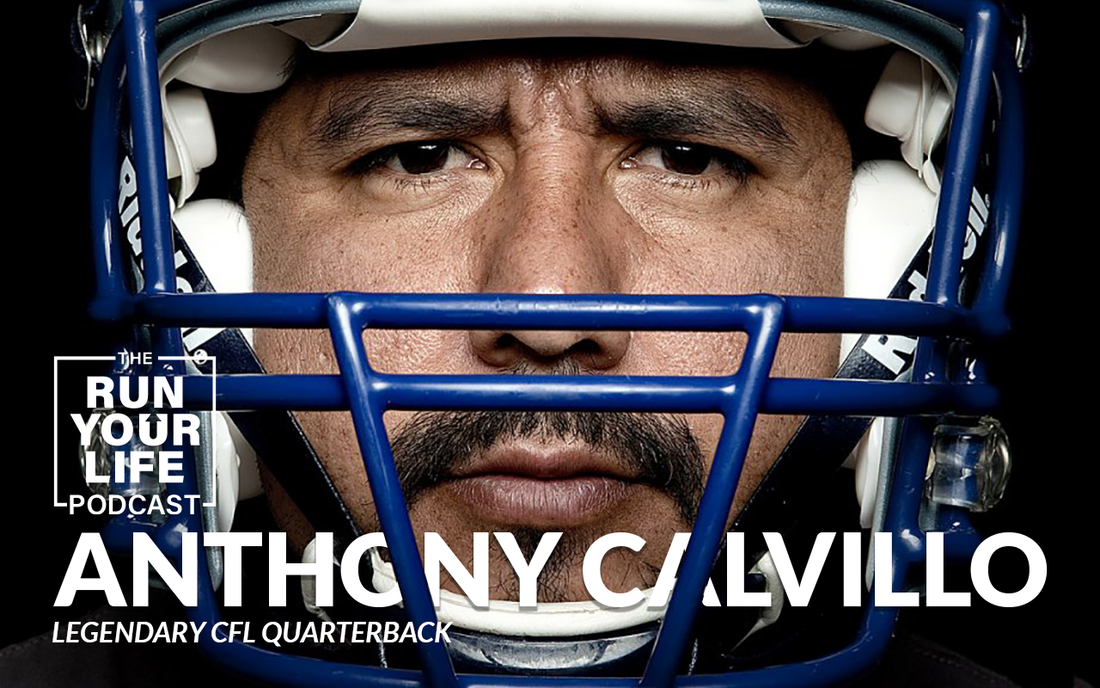
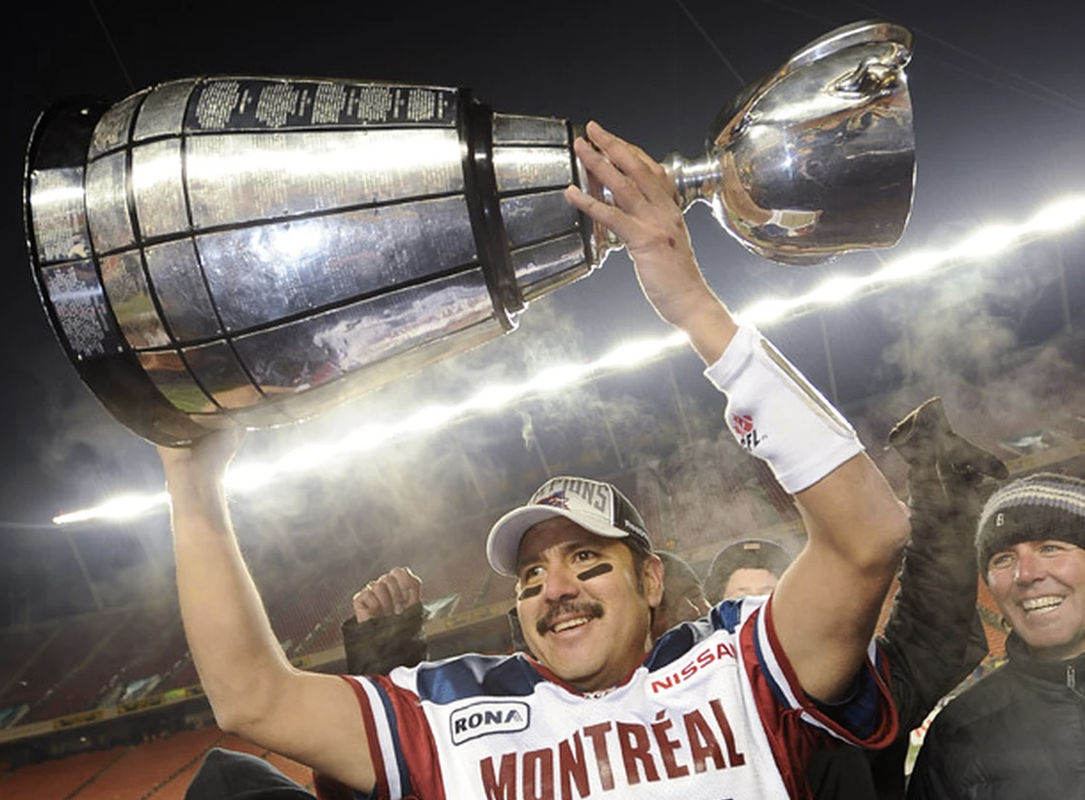

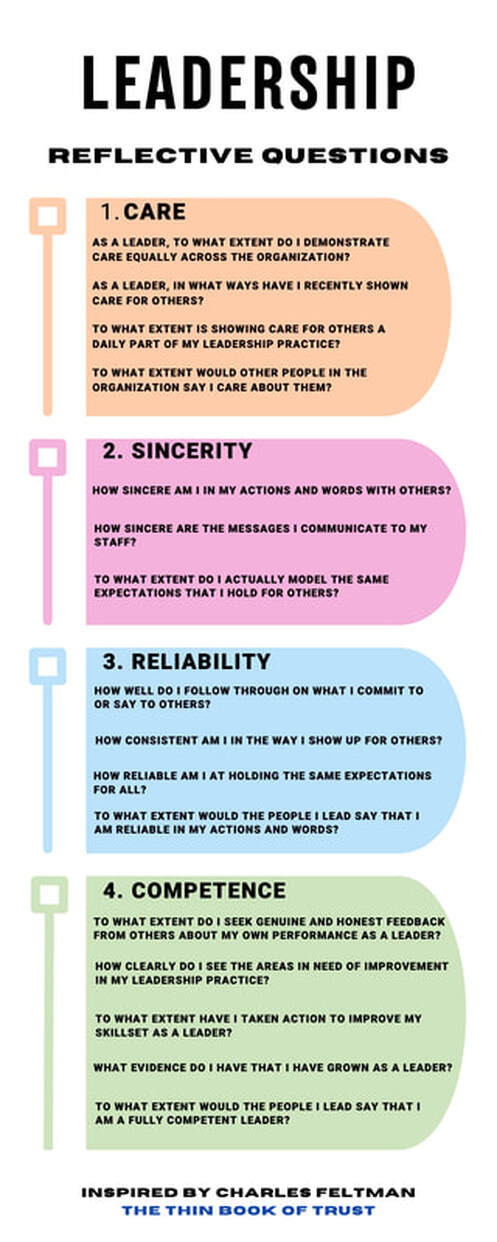
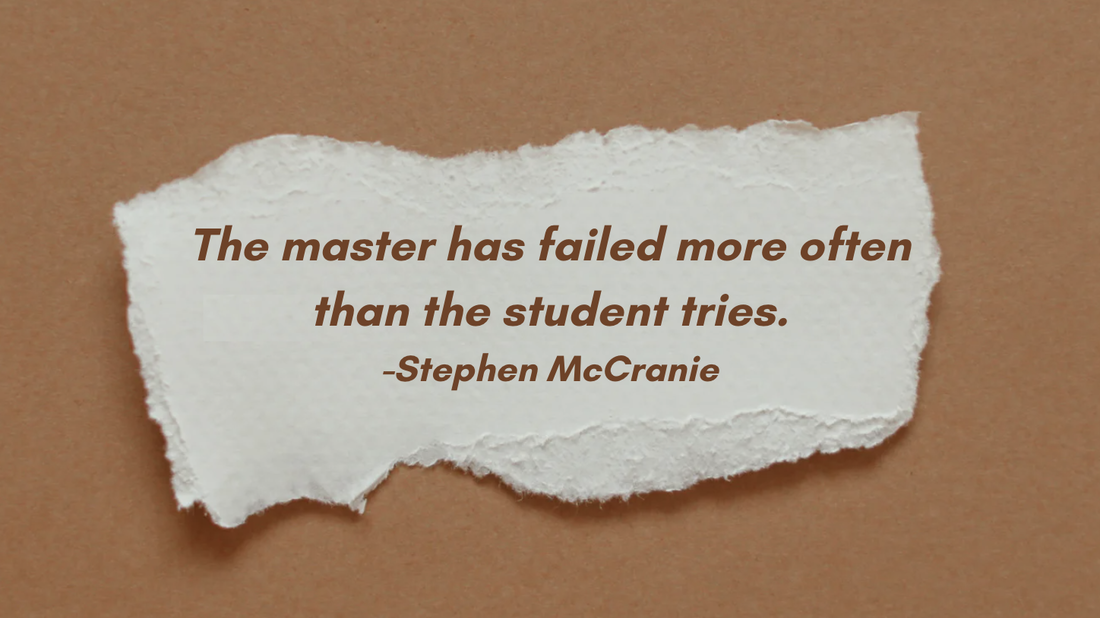
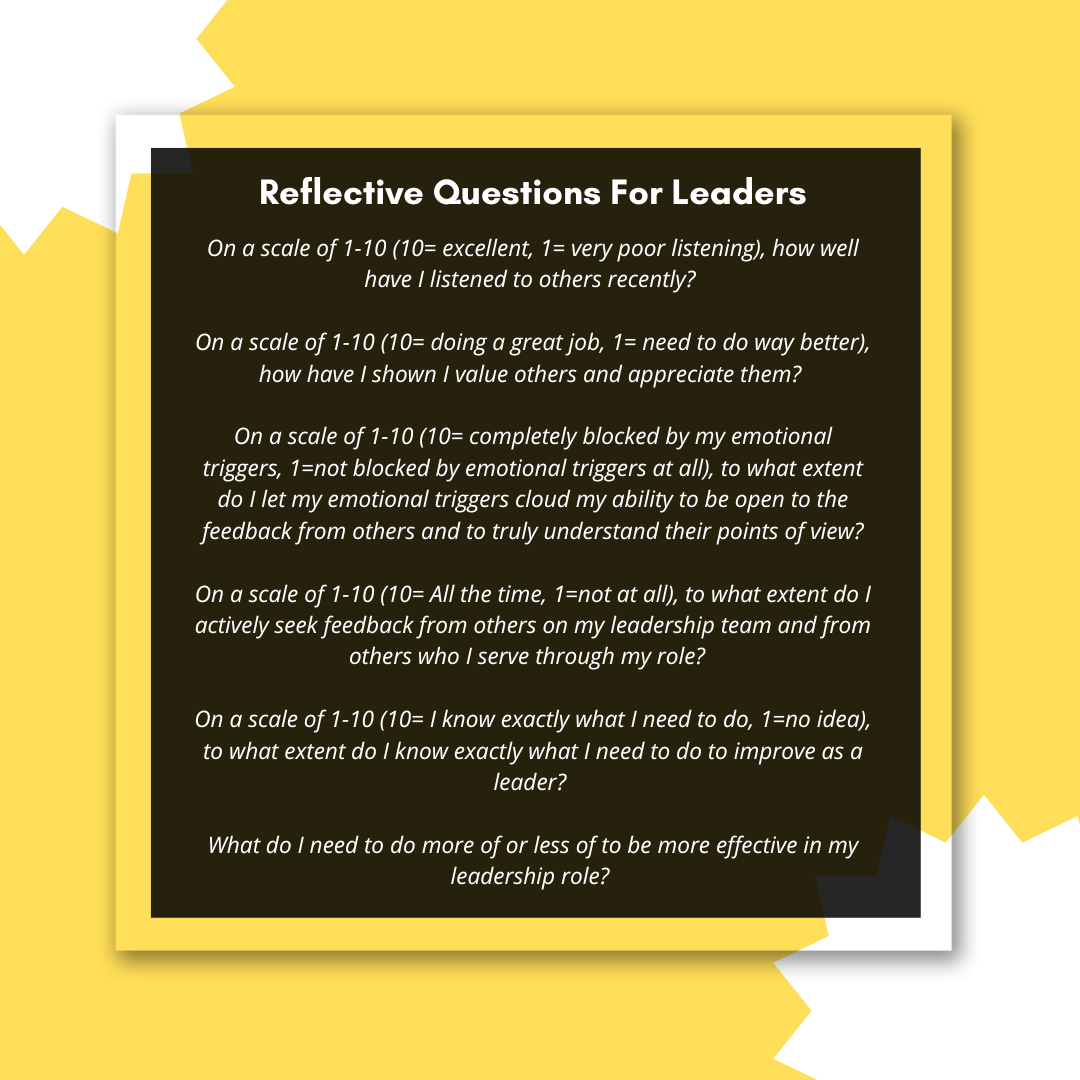
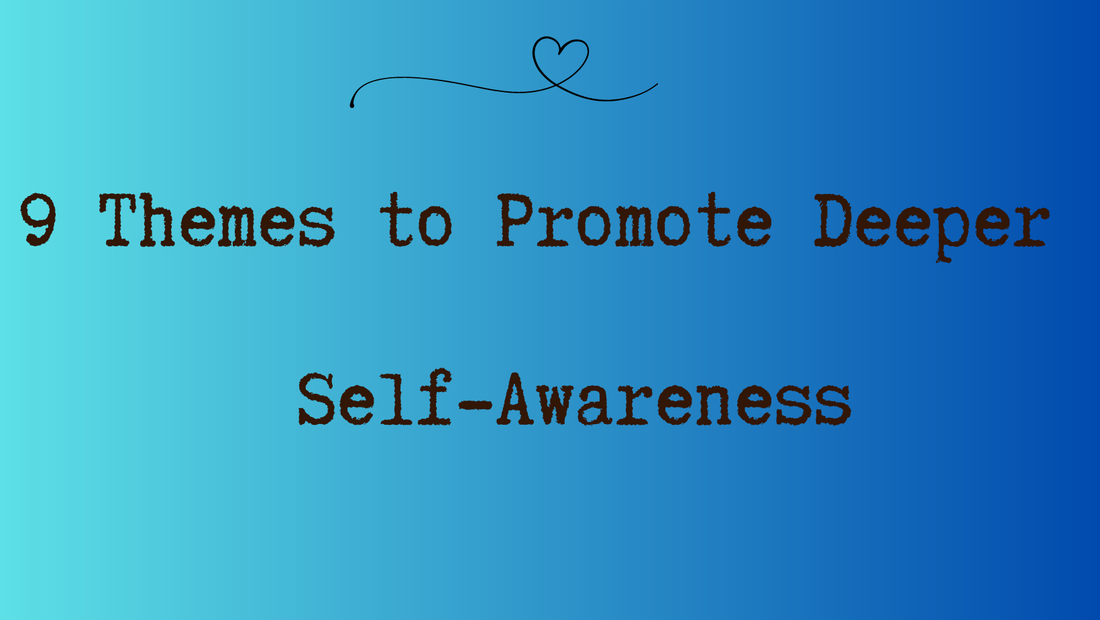





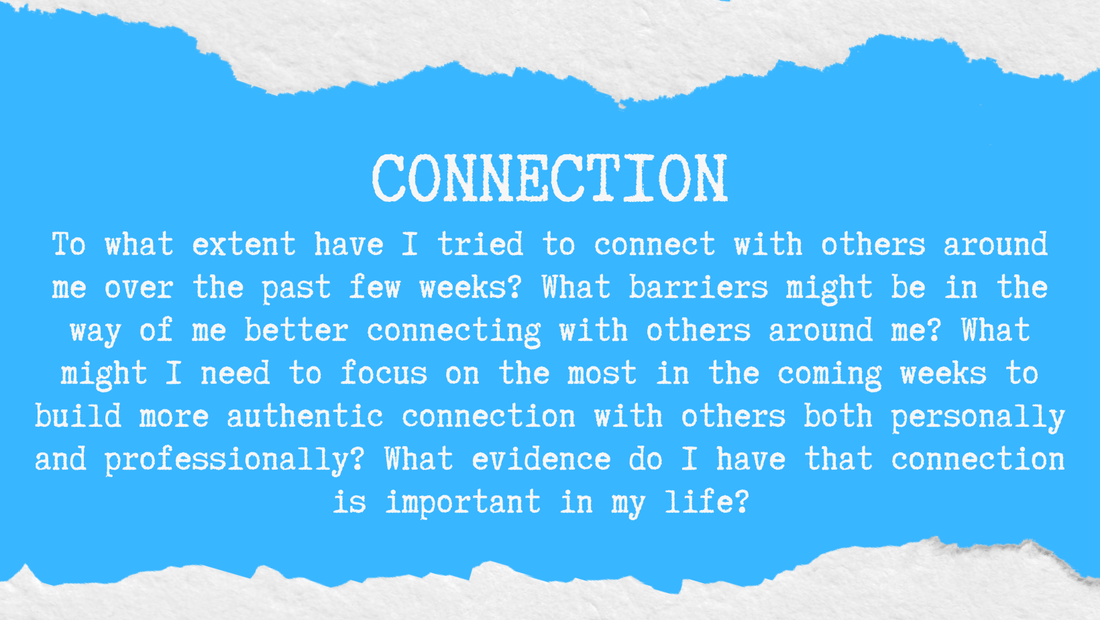
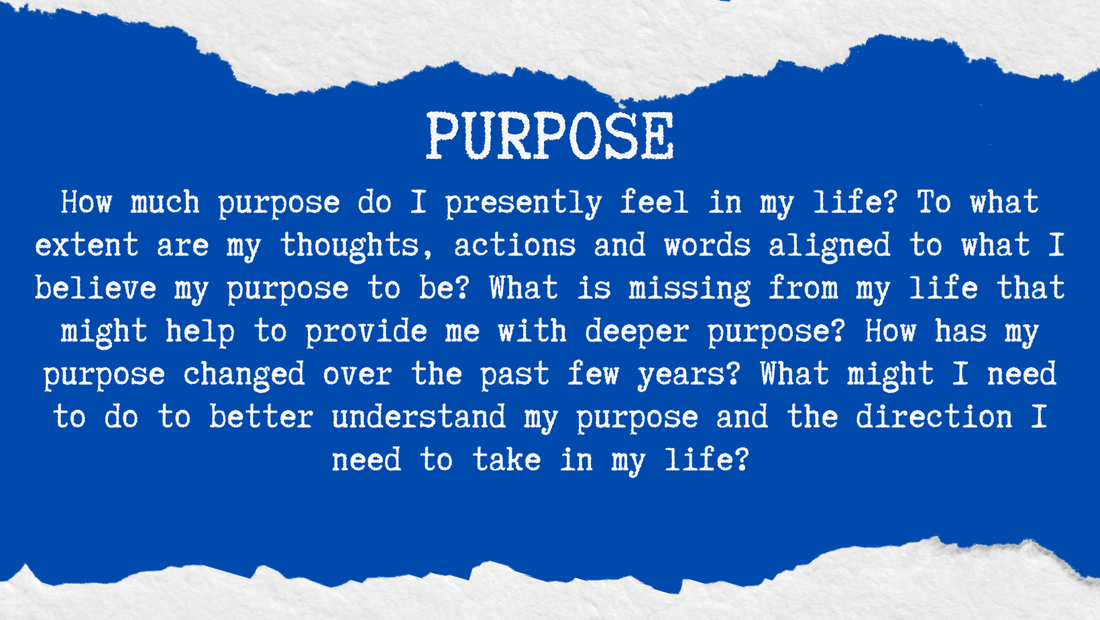
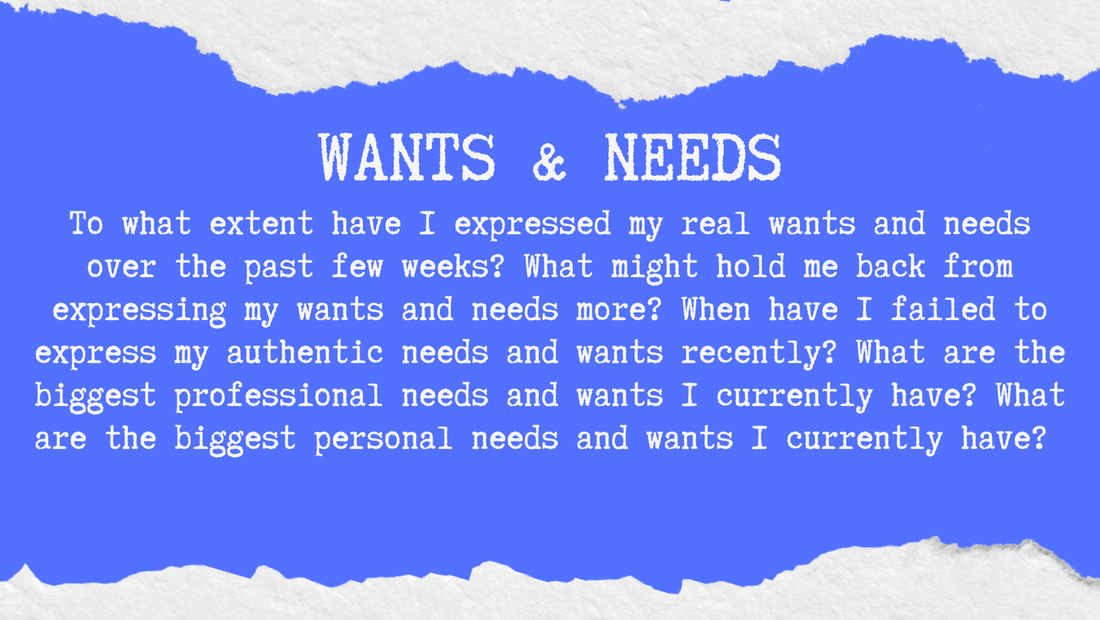
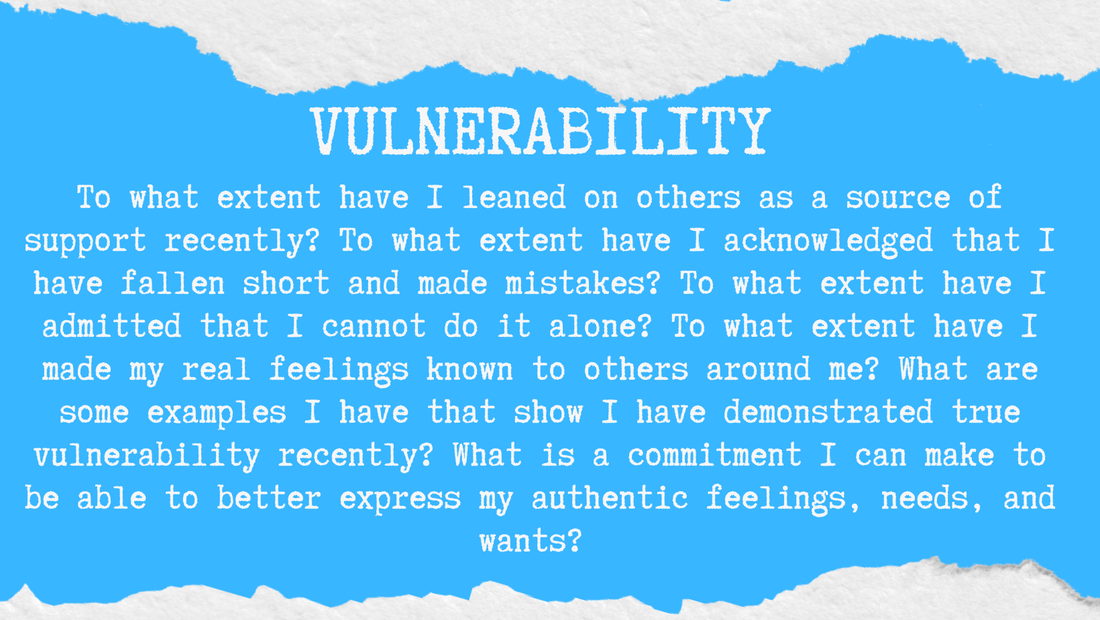



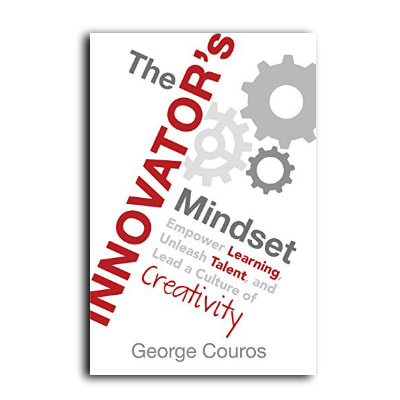
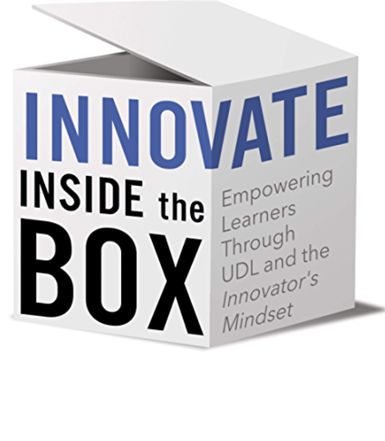
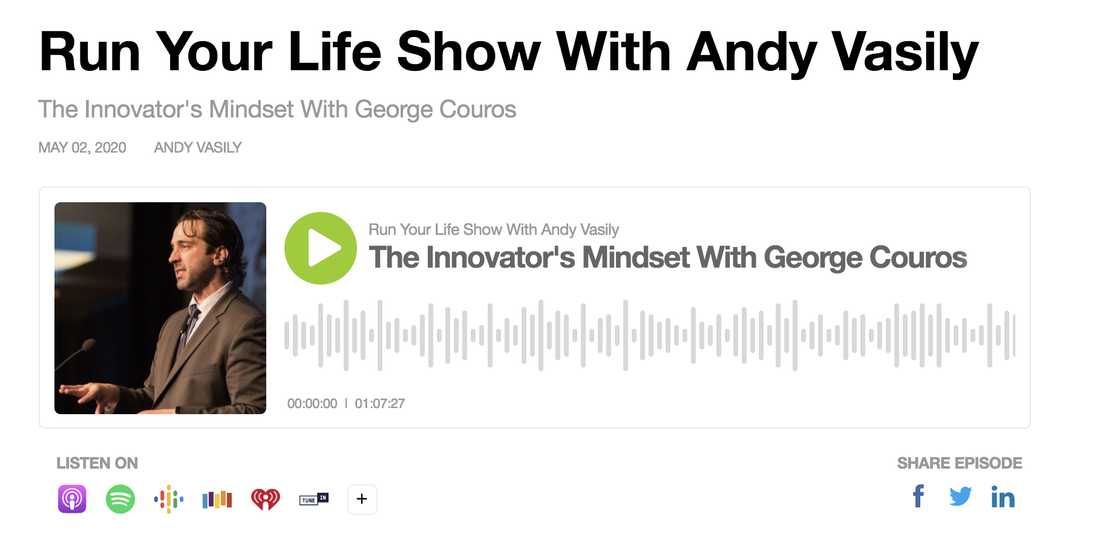
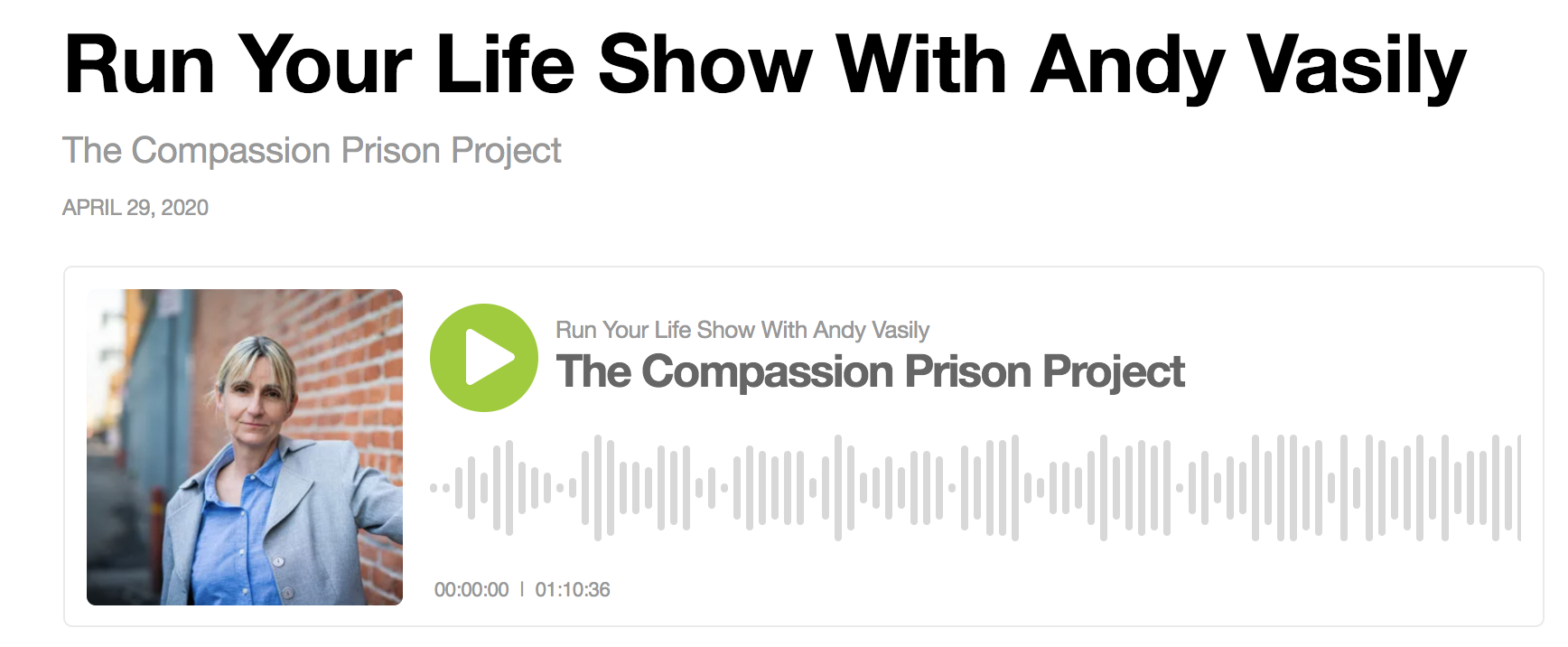

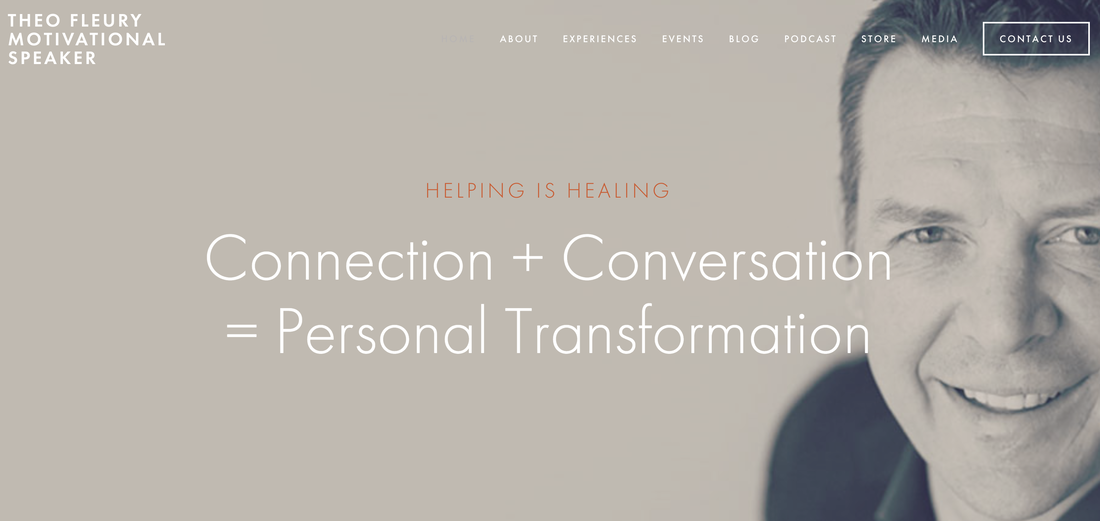

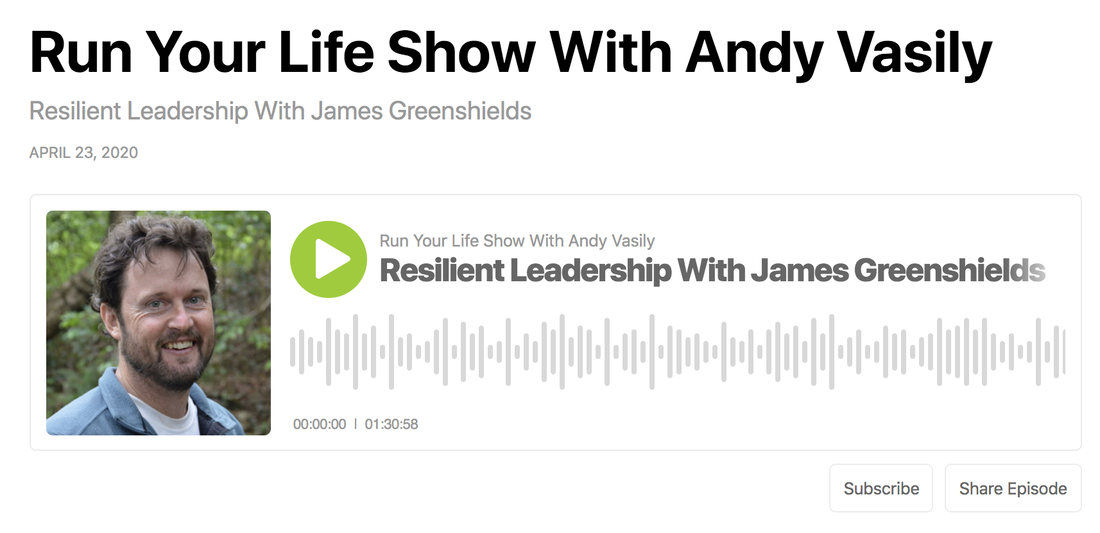
 RSS Feed
RSS Feed